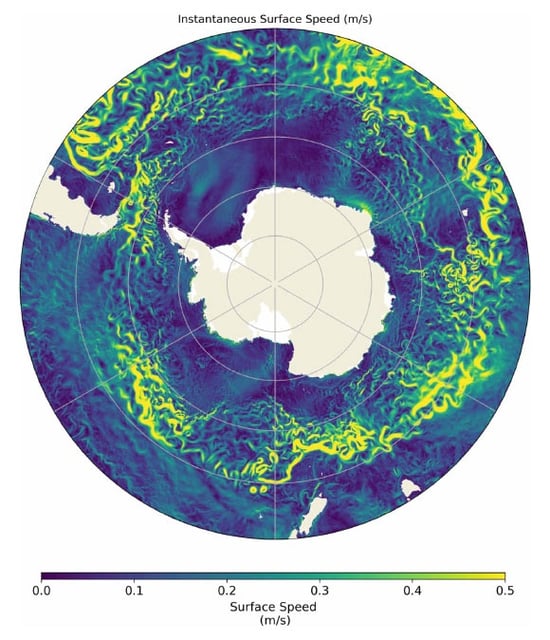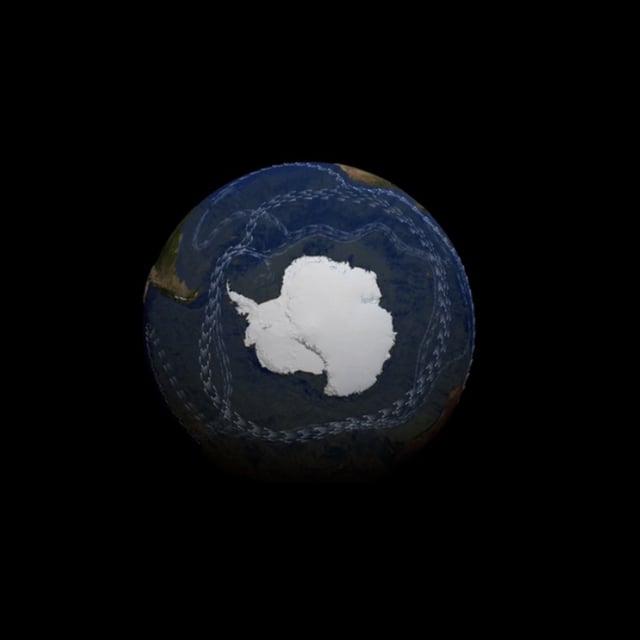Overview
- The Antarctic Circumpolar Current (ACC), Earth's most powerful ocean current, is projected to slow by 20% by 2050 under high carbon emissions scenarios.
- Freshwater from melting Antarctic ice sheets is diluting the salty ocean, disrupting the current's density-driven circulation patterns.
- A weaker ACC could allow invasive species to reach Antarctica, disrupting ecosystems and threatening native wildlife like penguins.
- The slowdown may also reduce the ocean's capacity to absorb heat and carbon dioxide, amplifying global climate change impacts.
- Researchers emphasize that reducing greenhouse gas emissions could limit ice melting and potentially avert the projected decline in the ACC.


